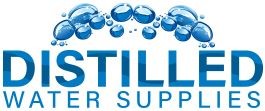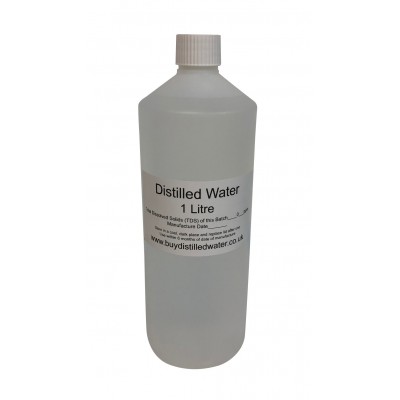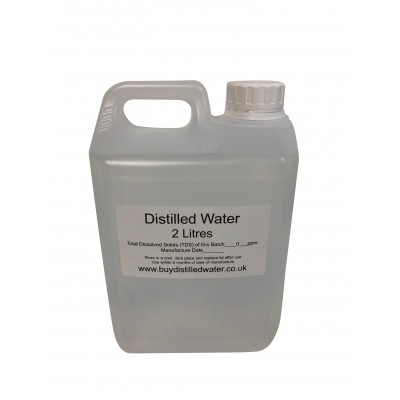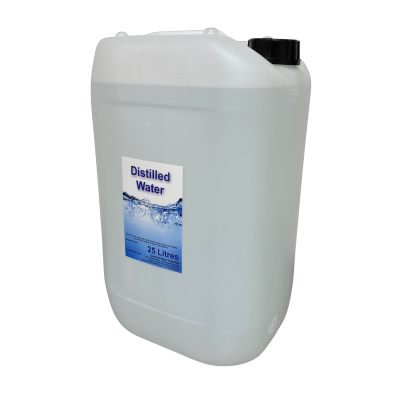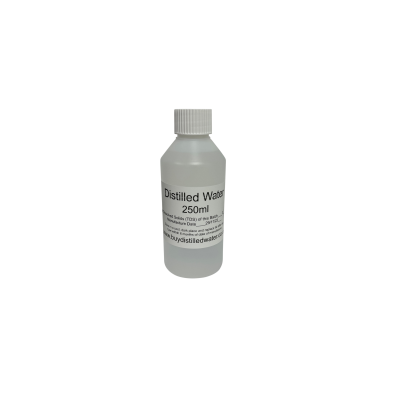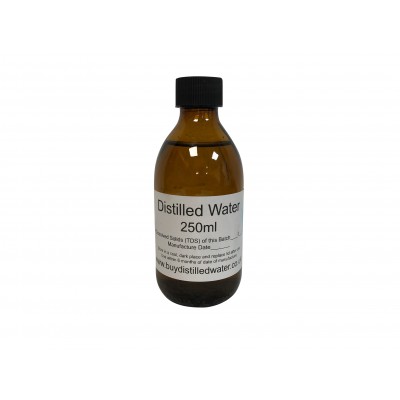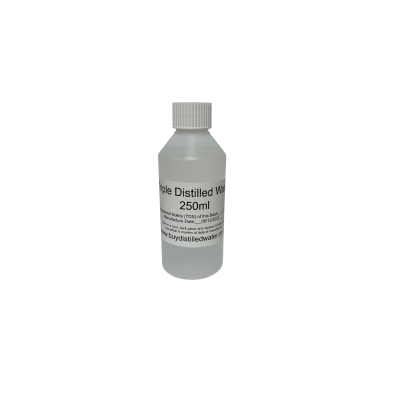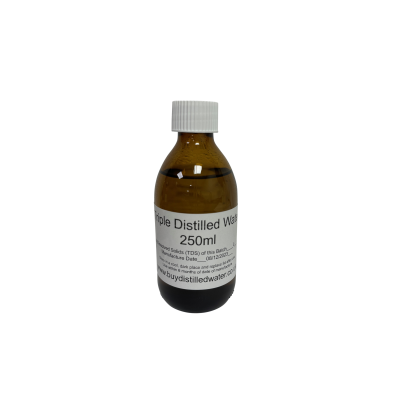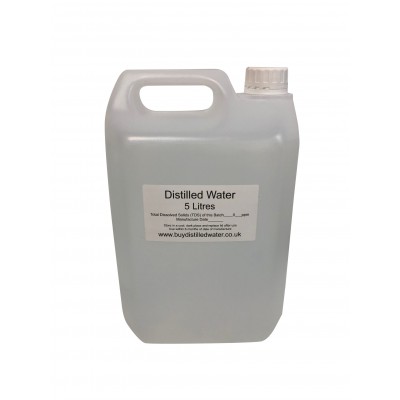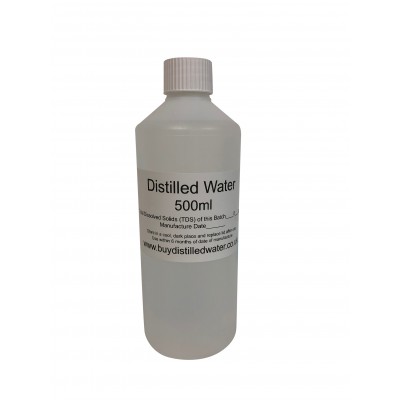Water distillation has been practiced for centuries, evolving from rudimentary methods into a sophisticated science used worldwide. This technique, primarily designed to separate water from impurities, has transformed significantly over time, driven by advancements in technology, science, and the growing understanding of water purification’s role in health, industry, and sustainability. This article explores the fascinating journey of water distillation from ancient civilizations to modern-day innovations.
Ancient Beginnings of Water Distillation
The origins of water distillation trace back to ancient civilizations, with evidence suggesting that Egyptians and Mesopotamians were among the first to experiment with primitive distillation techniques around 2000 BCE. Early distillation involved heating water in clay vessels to generate steam, which was then condensed and collected, producing water free from visible impurities. Although their equipment was basic, the process illustrated an understanding of separating elements by heating.
By the first century BCE, water distillation became more refined. The Greek philosopher Aristotle referenced distillation in his writings, describing the technique to purify seawater for drinking. Arab alchemists further developed distillation techniques, using more advanced stills, allowing them to distill not only water but also essential oils and alcohol. Islamic alchemists such as Jabir ibn Hayyan (Geber) and Avicenna made significant contributions to distillation apparatus and methods, introducing the alembic still, which allowed for improved control over the distillation process.
Distillation in the Middle Ages and the Renaissance
As the practice of distillation spread across Europe, it began to evolve both in technique and application. During the Middle Ages, alchemists, apothecaries, and early chemists further developed distillation equipment, driven by the need to purify substances for medicinal and research purposes. The use of glassware, such as flasks, alembics, and retorts, became more common, allowing greater precision and observation in the distillation process.
By the Renaissance, distillation had become more widely understood and respected, especially as it found applications in producing spirits, purifying water, and preparing medicinal extracts. Around the 15th century, scientists such as Paracelsus studied the distillation of various substances, including water, to understand its potential for health and medicinal uses. The improvements in glassblowing during this period allowed for the creation of more advanced and durable distillation equipment, which ultimately laid the foundation for more controlled and efficient methods.
The Industrial Revolution: Distillation Goes Commercial
The Industrial Revolution marked a significant turning point in the development of distillation techniques. With the rise of factories and mass production, there was a pressing need for more refined water for industrial processes, particularly in sectors such as chemical manufacturing, food production, and pharmaceuticals. Traditional distillation techniques were no longer sufficient to meet the large-scale demands, leading to technological innovation.
One of the most critical developments during this period was the introduction of the steam engine, which allowed for higher heating capacities and improved control over the distillation process. Continuous distillation methods, which enabled the ongoing input of raw water and output of distilled water, were developed. This technique revolutionized the efficiency of water distillation, making it faster and more scalable.
In the 19th century, scientific advancements also led to the understanding of microbial contamination in water, emphasizing the importance of purity, particularly in medical and laboratory settings. This drove further innovation, with various apparatuses being invented to achieve more refined levels of water purity.
The 20th century witnessed the rise of modern distillation methods, grounded in a better understanding of chemistry and microbiology. With advancements in both technology and materials, distillation became a more precise and efficient process.
Today, water distillation is more than just a purification technique; it’s a vital process across multiple industries. Its uses span from providing ultrapure water for laboratory experiments to many household uses. Several industries, including pharmaceuticals, electronics, and food and beverage production, rely on distilled water for consistent quality and contamination-free results.
Water distillation has found renewed importance in environmental sustainability and public health. Desalination plants in water-scarce areas rely heavily on modern distillation techniques to convert seawater into potable water. At the same time, the growing awareness of contaminants in tap water has led to a resurgence in home water distillers, which offer a reliable solution for individuals seeking pure drinking water.
Looking to the future, the focus on sustainability and energy efficiency is driving innovation in water distillation. One of the challenges with distillation has always been its high energy requirement, which is especially critical for large-scale desalination plants. Researchers are exploring alternative energy sources, such as solar power, to reduce the carbon footprint of water distillation. Solar distillation, although not new, has been reimagined with modern materials that increase efficiency, making it a viable solution for off-grid or resource-limited areas.
Another exciting development is in nanotechnology. Scientists are experimenting with nanomaterials that improve the efficiency of distillation by increasing heat absorption and transfer. For instance, materials like graphene are being investigated for their potential to create faster, more energy-efficient distillation processes.
Conclusion
The evolution of water distillation reflects humanity’s ongoing quest for purity and sustainability. From ancient clay vessels to state-of-the-art desalination plants, the journey of water distillation highlights our adaptability and ingenuity in addressing the challenges of water purity. Today, distillation continues to evolve, with innovations focused on sustainability and efficiency, ensuring that this ancient technique remains relevant in the face of modern-day demands.
As we look to the future, water distillation will undoubtedly play a crucial role in securing clean water for generations to come. Whether through breakthroughs in solar distillation or advancements in nanotechnology, the evolution of water distillation is far from over. This enduring process is a testament to our commitment to purity, health, and a sustainable future.
IN STOCK NOW! This handy 1 Litre bottle size is perfect for regular home users as well as 'one-off' research and testing purposes.
Our handy 1 Litre bottle complete with 'spray' and 'jet' trigger spray. Perfect for regular home users as well as testing purposes.
IN STOCK NOW! Our 2 litre Distilled Water bottle is more economical that our 1 litre bottles, but still very easy to carry and pour. It comes complete with a tamper-evident screw cap
IN STOCK NOW! Our 25 litre Distilled Water drum is the most economical way to buy ultra pure distilled water from us. Perfect for jobs requiring large volumes such as research laboratories and industrial processes. The drum is made from food-grade HDPE and comes complete with a tamper-evident screw cap. For additional savings on larger orders, we can send the drums on a pallet to reduce packaging and delivery charges - Palletised delivery is available on quantities from 9 drums (see below).
Buy 25 litre drums of distilled water directly from the manufacturer. We use our own proprietary 6-step method to ensure our water is of the highest quality and it undergoes UV sterilisation prior to bottling to further reduce potential bacteria. Our water is 100% steam distilled, not just filtered, deionised, or reverse osmosis water. After you buy distilled water from us, keep the drum sealed and away from sunlight, storing it between 15-25°c.
IN STOCK NOW! Our 250ml bottle of Distilled Water - Perfect for use at home in steam irons, humidifiers, steam generators etc.
Please note: A minimum of 4 x 250ml bottles must be ordered
Our 250ml amber glass bottle of Distilled Water is ideal for making Colloidal Silver and mixtures that need protection from sunlight. Choosing our Distilled Water in amber glass bottles offers numerous benefits, making it an excellent choice for those seeking longer term storage options. Amber glass effectively blocks harmful UV rays, preserving the water's purity for longer.
The glass bottle is also fully reusable for home made cosmetics and tinctures.
IN STOCK NOW! 250ml bottles of our triple distilled water - Perfect for use at home for applications requiring ultra pure distilled water that has undergone distillation three times.
Triple Distilled Water improves on the purity of our regular distilled water. By undergoing the distillation process three times, each cycle further refines and purifies the water, ensuring that any remaining impurities are meticulously removed. Our triple process guarantees a level of purity that is unparalleled, making it an ideal choice for a variety of uses such as making colloidal silver and homemade cosmetics and soaps, ensuring that the final products are free from any impurities that could irritate the skin.
IN STOCK NOW! 250ml bottles of our triple distilled water - Perfect for use at home for applications requiring ultra pure distilled water that has undergone distillation three times.
Triple Distilled Water improves on the purity of our regular distilled water. By undergoing the distillation process three times, each cycle further refines and purifies the water, ensuring that any remaining impurities are meticulously removed. Our triple process guarantees a level of purity that is unparalleled, making it an ideal choice for a variety of uses such as making colloidal silver and homemade cosmetics and soaps, ensuring that the final products are free from any impurities that could irritate the skin.
Pure, Distilled Water - Now Available in 5 Litre Containers
IN STOCK NOW! Our 5 litre Distilled Water drum is economical, yet easy to carry and pour. Our 5 litre bottles have an integral handle and are designed to be easy to transport and store. The larger size makes them perfect for larger applications, while still being light enough to carry.
Our 5 litre drum is the convenient, great‑value size for regular users who still want easy handling and storage. Every batch is steam‑distilled, polished through mixed‑bed resins and UV‑treated, then bottled in brand‑new, food‑grade HDPE with a tamper‑evident screw cap. We’ve specialised in distillation since 2008, with daily EC/TDS checks and periodic UKAS‑accredited lab analysis.
Each of our 5 litre distilled water bottles is equipped with a tamper-evident screw cap, making it easy to tell if the bottle has been opened. These food-grade HDPE containers are certified BPA-free.
Distilled water is the purest form of water available. Unlike filtered water, distilled water goes through a 6-stage process that removes impurities, sediment and minerals. As a result, it's far purer than any other type of water.
Uses & applications
Ideal wherever low‑conductivity, mineral‑free water prevents deposits or interference:
- CPAP machines and home humidifiers
- Steam irons and garment steamers
- Lead‑acid car batteries and coolant top‑ups
- Autoclaves, sterilisers and lab glassware rinsing
- Cosmetics blending and printing/photography
- Optics and electronics cleaning/setup
- Houseplants (e.g., orchids, carnivorous plants)
IN STOCK NOW! Our 500ml bottle of Distilled Water - Perfect for use at home in steam irons, humidifiers, steam generators etc.
